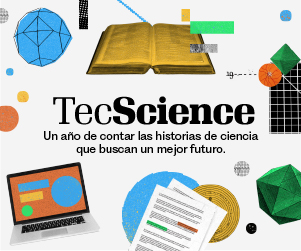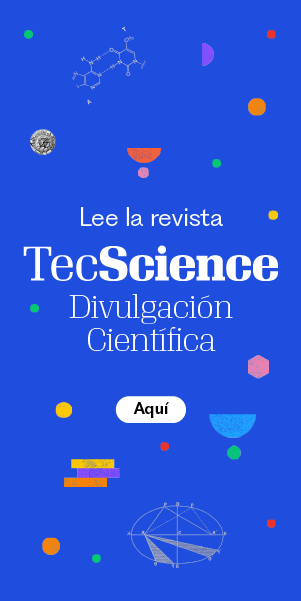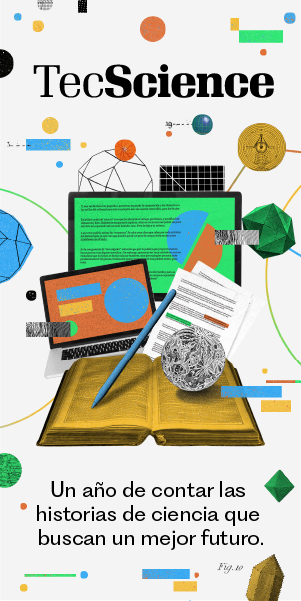By Aldo I. Ramírez Orozco*, director of the Water Center for Latin America and the Caribbean
The truth is that, although the issue of water has always been significant, in recent times it has acquired major relevance. Of all the different ways water is used (including the environment), there is one aspect of good water resource management that has become particularly important: urban water supply.
Of course the water issue affects the countryside, industry, and the environment, but it is perhaps the case of cities that is at the center of the discussion.
Relatively recently we were concerned to see Cape Town, Sao Paulo, and some cities in California facing historic droughts and long periods of water shortage. Then in 2022, we bore witness to a severe water crisis in the Monterrey metropolitan zone: a crisis that had been brewing perhaps since 2016.
The Monterrey case, which was big news, also revealed the harsh reality of many other cities in Mexico (and in much of the world), where it has become increasingly difficult to sustain the drinking water supply for the growing population, especially given the impact of climate variability and many other factors.
Sadly, we have come to the realization that even when the Monterrey crisis was at its worst, the city had a better supply than many others in Mexico. Today, difficult times loom for Mexico City, but other cities such as León, Querétaro, Guadalajara, Tijuana, and several more could be added to the list of concern.
However, there is no single cause for these crises in general terms. While it is true that periods of low rainfall can trigger a water crisis, there are many other factors involved: deficient operation of supply sources, lack of storage, poor transmission and distribution infrastructure (in addition to poor maintenance and replacement practices), growing demand without a culture of saving water and using it efficiently, and lack of planning to deal with emergencies and future challenges, among others.
There is a lot to be done if we want to prevent these crises from occurring or recurring. Tecnológico de Monterrey’s professors, researchers, and specialists (mainly through the Water Center and the Water Science and Technology research group) have worked hard to help solve problems and push for better water management practices.
In Nuevo León, we can point to the work carried out along the Santa Catarina River, specific studies on water quality and wastewater treatment, groundwater management, and the drawing up and updating of a water plan for 2050.
Agua para Monterrey, a book co-written with my colleague and friend, Ismael Aguilar Barajas, is recommended reading to start making sense of this complex web of factors that impact our city. I invite you to read it. It features a description of the complexity of the urban water issue, not just in Monterrey, but perhaps similar conditions affecting other cities that are on the verge of a water crisis.
So, how could we avoid a water crisis in urban environments? Good planning is key. Preparing for an uncertain future involves not only the formulation of a plan but also oversight and adaptation.
In the case of urban water, planning should guide how and to what extent a city should grow; consider the timely development of new infrastructure and the replacement of obsolete infrastructure; establish proper maintenance programs; design schemes to increase water efficiency and reuse; implement projects aimed at reducing demand; but, above all, it should work on actions to be taken in response to adverse population and climate scenarios and emergencies.
These are precisely the issues that concern us at the Water Center and Tecnológico de Monterrey.


















